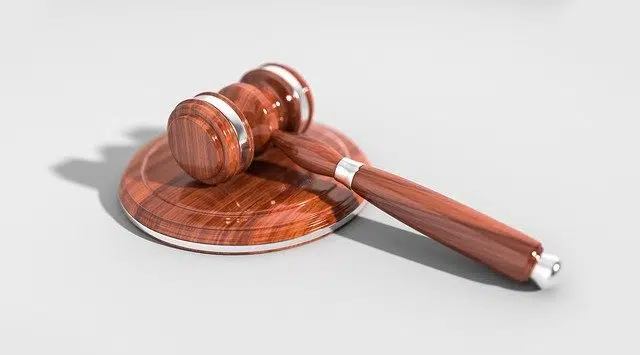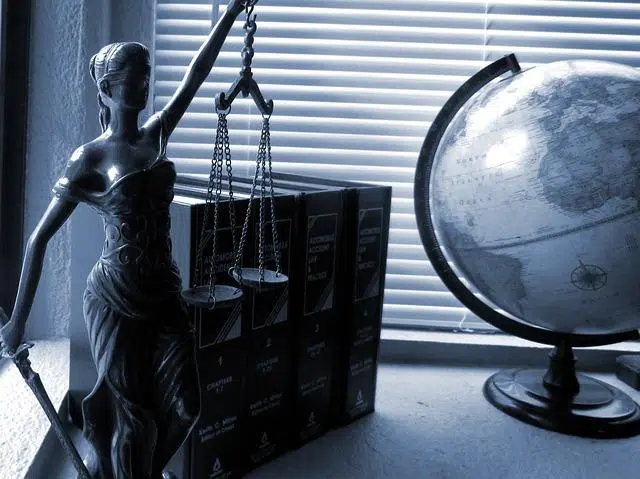
The principle of legality implies the predominance of the law over the functions and activities of public power.
The prevalence of the law over any activity or function of public power is known as the principle of legality . This means that everything that emanates from the State must be governed by law, and never by the will of individuals.
A ruler, in this way, cannot act contrary to what is established by the Constitution , which compiles the essential norms of the State. According to the principle of legality, it is not enough that the ruler in question has been elected to office by popular vote nor that, upon winning an election, he has been invested as president: all his government measures must be submitted to the law.
When a State respects the principle of legality, it can be classified as a State of Law . State action, in these cases, finds its limit in the Constitution and does not overwhelm the rights of any citizen.
The general principle of legality
Starting from the general principle of legality, we find some variants and specifications of it:
-Principle of tax legality. With this, what is established is that only a legal norm that has the character of law can determine what the bases of tax obligations are. That is, only it can define who has to pay them, on what dates, through what system, the actions that will be classified as infractions and even what the sanctions will be for committing them.
-Principle of administrative legality, which is responsible for determining that each and every one of the actions, decisions and measures adopted by the Administration must be subject to the law.
-Principle of registration legality. It determines that any document that is desired to be registered in the Registry must be previously examined to verify it and thus verify that it is valid and perfect.

In a rule of law, the principle of legality is based on the Constitution.
The case of Spain
In the case of Spain, the principle of legality is included in the Preliminary Title of the 1978 Constitution. Thus, in article 9 relating to the principles of the legal system, the one that concerns us is established in 9.3. Specifically, it is stated that it is fully guaranteed, as are these others:
-The normative hierarchy.
-Legal security.
-Publicity of the standards.
-The responsibility and prohibition of the arbitrariness of public powers.
-The non-retroactivity of non-favorable sanctioning provisions or those that are restrictive of individual rights.
The division of powers and the principle of legality
In democracies , the principle of legality is protected by the division of powers. There is a legal system that prevents the power that interprets the laws from being the same as that which proposes or executes them. Otherwise, a government that creates laws as it pleases and that is also responsible for directly guarding their compliance, will always be within the principle of legality even when it commits abuses, since the laws will be mere government instruments.
Although its scope is determined according to the Constitution of each country, criminal law generally finds its basis in the principle of legality. In this way, it is established that a crime can only be considered as such when the law expressly specifies it. Thus, the principle of legality prevents a person from being arbitrarily accused and convicted of a crime.
